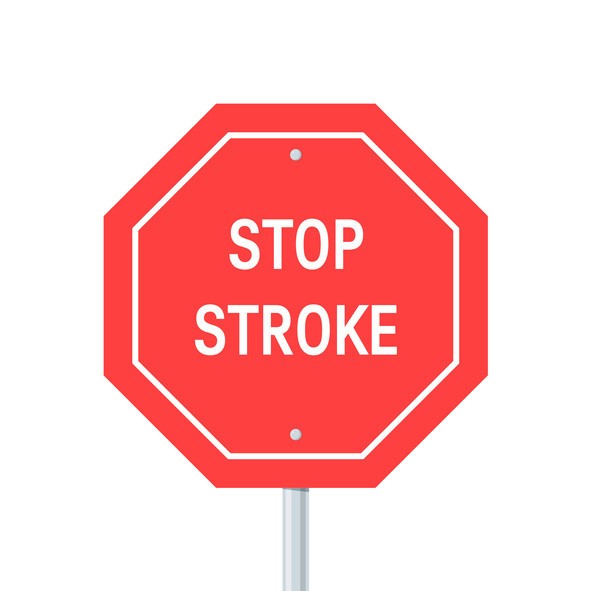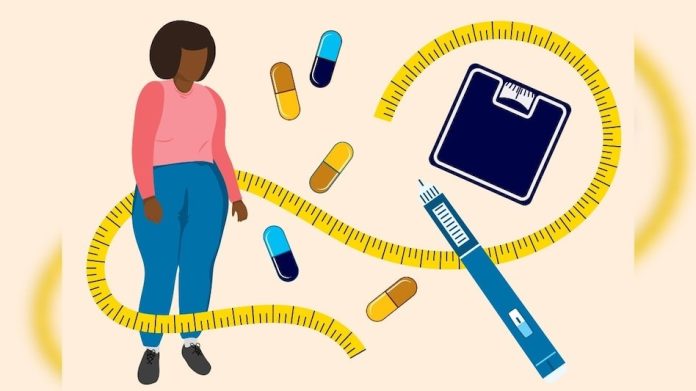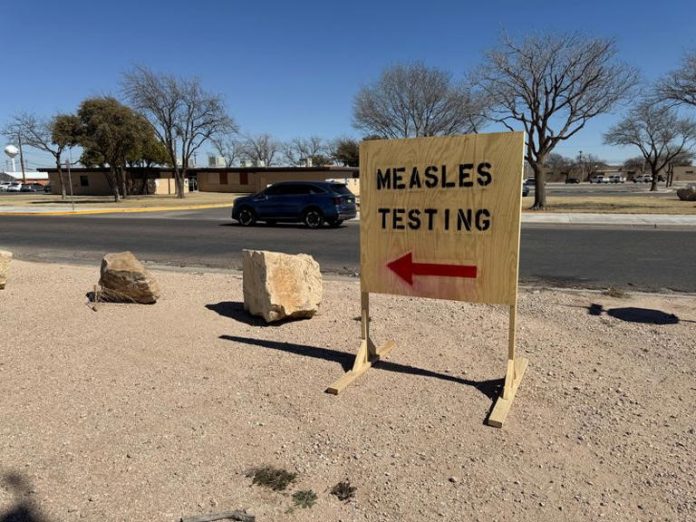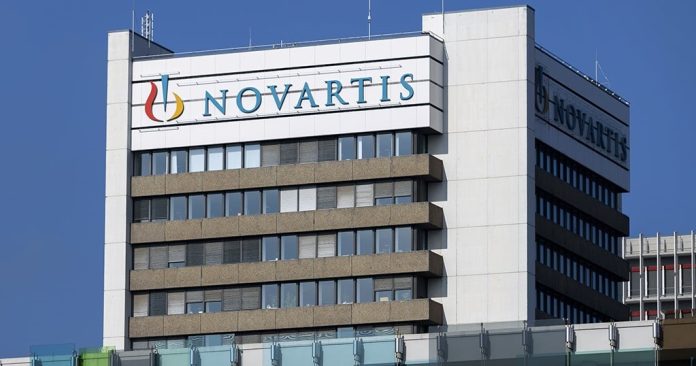6 Things to Do Before 9 A.M. to Reduce Your Stroke Risk, According to Experts
A stroke can be a life-altering, and sometimes life-ending, event.1 And having a stroke isn’t just a concern for older adults. A decade ago, 38% of people who suffered a stroke were younger than 65, and the age for risk continues to get younger thanks to a variety of factors, including diabetes and heart disease becoming more prevalent among younger adults.2,3
The good news is that there are steps you can take to help lower your stroke risk. We spoke with Christie M. Ballantyne, M.D., the chief of cardiology and cardiovascular research at Baylor College of Medicine and Texas Heart Institute, about his morning routine and six things he recommends doing when you wake up to help reduce your risk of a stroke.
- Take Your Heart Medications as Directed
While it might sound obvious, one of the easiest ways to lower your risk of a stroke is to take your heart medications—whether they’re to help lower blood pressure or cholesterol levels—as directed.
According to Ballantyne, managing blood pressure levels can make all the difference, and forgetting your pills could mean higher stroke risk. “Most people in primary care, they say, ‘Well, if it’s over 140 or 145, it’s borderline.’ There’s nothing borderline—that’s high. And, in fact, optimal blood pressure, if you have high risk, is under 120,” he explains.
Ballantyne personally takes medications for both high blood pressure and cholesterol. He makes sure not to forget them by keeping them in a pillbox on his sink next to his toothbrush. He also recommends talking to a healthcare provider about whether you might benefit from taking baby aspirin, which may help prevent stroke and heart attack thanks to its blood-thinning effects.4
- Meditate or Share a Hug
Keeping stress low throughout the day can help minimize your stroke risk, so why not take a few minutes to say “Om”? Research shows that meditation may help lower blood pressure, which in turn can reduce your risk of a stroke.5 Ballantyne adds that it doesn’t have to be transcendental meditation, either. He says that praying or reading inspiring quotes for the day could help lower blood pressure, too.
Another simple way to help lower stress and blood pressure? Give or receive a hug, whether it’s a family member, friend or even your pet. Studies show that physical touch, like a hug, can help reduce cortisol levels when stressed.6 If you’re not a hugger, Ballantyne recommends texting or calling a friend, urging the importance of interpersonal connection for minimizing stress.
- Skip Artificial Sweeteners in Your Coffee
As long as you keep your caffeine consumption to less than 400 mg of caffeine (about 4 cups of coffee), Ballantyne doesn’t think it’s necessary to avoid your morning brew.7 However, he does caution against sweetening your coffee with artificial sweeteners, like sorbitol and xylitol. Xylitol, specifically, has been linked with an increased risk of blood clots and cardiac events like stroke.8
- Get Moving
Squeezing in a workout before heading to work is ideal. However, not everyone can make that work. Instead, Ballantyne recommends simply finding ways to incorporate more movement into your morning, whether that’s biking to work, parking further away from your office building or taking the stairs rather than the elevator. He’s also a fan of fitness watches and tracking apps, like an Apple Watch or FitBit, as they can help motivate you to get up and walk throughout the day. After all, research suggests that spending most of your day sitting could be placing you at an increased risk of having a stroke.9 While there’s no magic number, Ballantyne recommends aiming for at least 7,000 steps per day or more.
- Put Down That Cigarette or Vape
Ballantyne says that smoking is among the most harmful things you can do when it comes to stroke risk. Furthermore, even those who have been trying to quit their nicotine habit with vaping are very much in the red, he says. “When you’re in the habit of vaping, those things go directly into your blood circulation,” he warns. Studies confirm these concerns, showing strong links between both combustible cigarette use and vaping.10
- Eat a Balanced Breakfast
Ballantyne shares his go-to breakfast: cottage cheese with a fresh fruit, such as a plum or cubed cantaloupe, topped with flaxseeds. He explains that flaxseeds contain plant-based omega-3 fatty acids and fiber, both of which are linked with benefits for vascular health.11,12 “It’s not as rigorous as statins, but it’s a simple thing to add to your diet at breakfast,” he says. Of course, there are many other balanced breakfast options. What’s most important, according to Ballantyne, is keeping an eye out for breakfast foods that are high in added sugars, which could increase your risk for diabetes—another major risk factor for stroke.13











